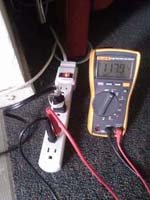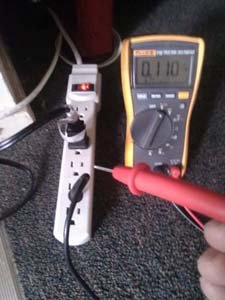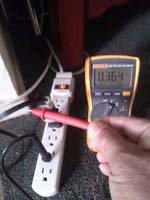Gti_Leo
Aquarium Advice Addict
my volt meter will not pick up voltages that are that low, nore are they anythign to worry about for myself or my live stock so why would it warrent any sort of ground probe, unless there is a current flow all will be well and all resistances in the water or myself will dicipate the miniscule voltage that you are talkign about.
so like i said before, your theory is an over exageration on a much larger scale but we are not dealign with things that are that high simple low voltage AC power not high voltage where small percentages still mean large outcomes
so like i said before, your theory is an over exageration on a much larger scale but we are not dealign with things that are that high simple low voltage AC power not high voltage where small percentages still mean large outcomes



